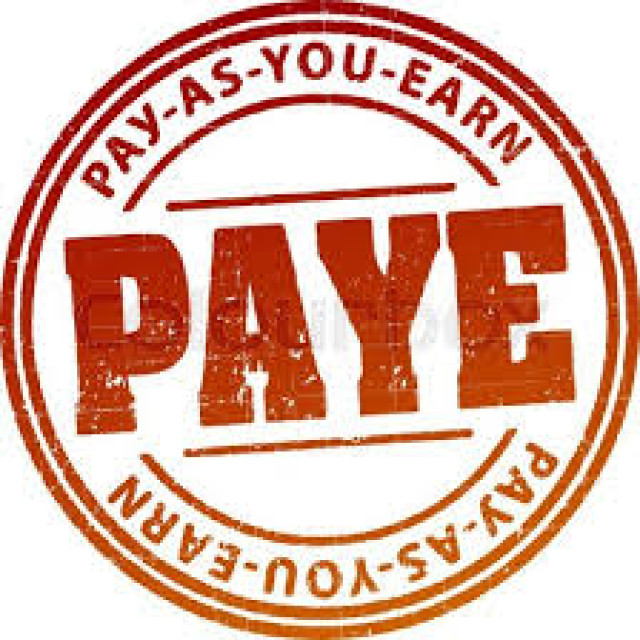Numerous federal government employees have voiced their apprehensions regarding the substantial income taxes deducted from their monthly salaries through the Pay As You Earn (PAYE) system.
The civil servants who talked to reporters on Sunday in Abuja expressed their frustration considering the country's current economic climate.
They called for an immediate reduction in the PAYE tax taken from their monthly paychecks. They pointed out that the significant tax deductions have diminished their purchasing power amidst rising prices for goods and services.
Ese Williams, a civil servant, urged the federal government to reconsider the income tax issue, which has imposed a heavy burden on civil servants' finances.
She mentioned that the new minimum wage has not significantly enhanced government workers' monthly earnings, while the taxes remain elevated.
“Consider a level 15 officer earning less than N400,000 a month who pays nearly N60,000 in taxes. It’s alarming,” she remarked.
Ibrahim Abbas criticized the federal government's policies, which seem to be unfavorable towards federal civil servants.
“I find it hard to see any justification for the high tax burden we are currently facing,” he commented. “While we anticipated improvements in our welfare, every policy, from the removal of fuel subsidies to the naira's floatation, seems to work against government employees.”
Aliu Sule expressed that there is no infrastructure to warrant the high taxes deducted from civil servants' salaries.
“We still have to provide most of our necessities ourselves. From security to electricity and water, we find ways to cater for these, making it hard to justify any increase in our taxes,” he stated.
The president of the African Development Bank (AfDB), Akinwumi Adesina, called for enhanced accountability and transparency in managing national resources.
Speaking recently at a retreat of the Council of Anglican Provinces of Africa (CAPA), Adesina urged the federal government to respond better to the people's needs. “Citizens have their responsibilities, but governments must be held accountable,” he asserted.
“There should be transparency, accountability regarding public resources, and responsiveness in how these resources are utilized to enhance society.”
“In Scandinavian countries, when taxes are paid, governments have a duty to provide what society requires,” he added.
All Nigerian residents aged 18 and older earning income from Nigerian sources are obligated to file personal income tax returns. This encompasses salaried employees, self-employed individuals, and those with other income streams such as investments, rental income, or business income.
Meanwhile, Chairman of the Presidential Advisory Committee on Fiscal Policy and Tax Reform,Taiwo Oyedele, stated that the proposed tax reform bills would tackle the issue.
He noted that individuals earning about N1.7 million or less per month would benefit from lower PAYE taxes under the proposed reforms.
He added that workers with the new minimum wage of N70,000 and somewhat above would also be completely exempted from tax responsibilities.




















